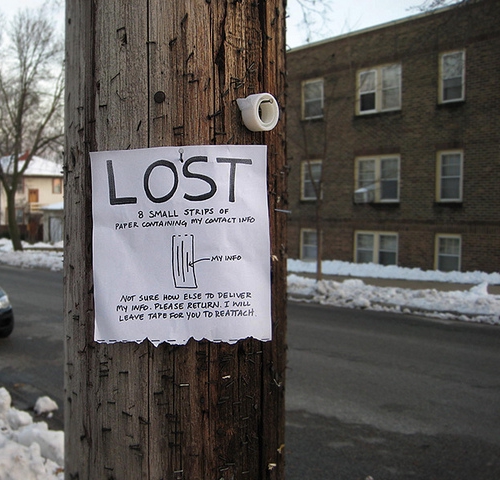Today we discussed the writing of an academic research paper. Slides from today are available here.
On Wednesday, we’ll begin our discussion of documentation and citation, starting with the rationale for documentation and citation. Please read Hausman, pp. 7-13, which I distributed in class; if you missed class get the book on reserve in the library (call number PN171 .F56 H38 2008). Also read Bugeja & Dimitrova, chapter 5″ What, in fact, causes footnotes to vanish? (pp. 33-39 of eBook available from City Tech Library catalog). Your blogging assignment is one reading response blog post.
The research paper draft is now due as an email attachment sent to me by 10 a.m. on THURSDAY, November 21!




